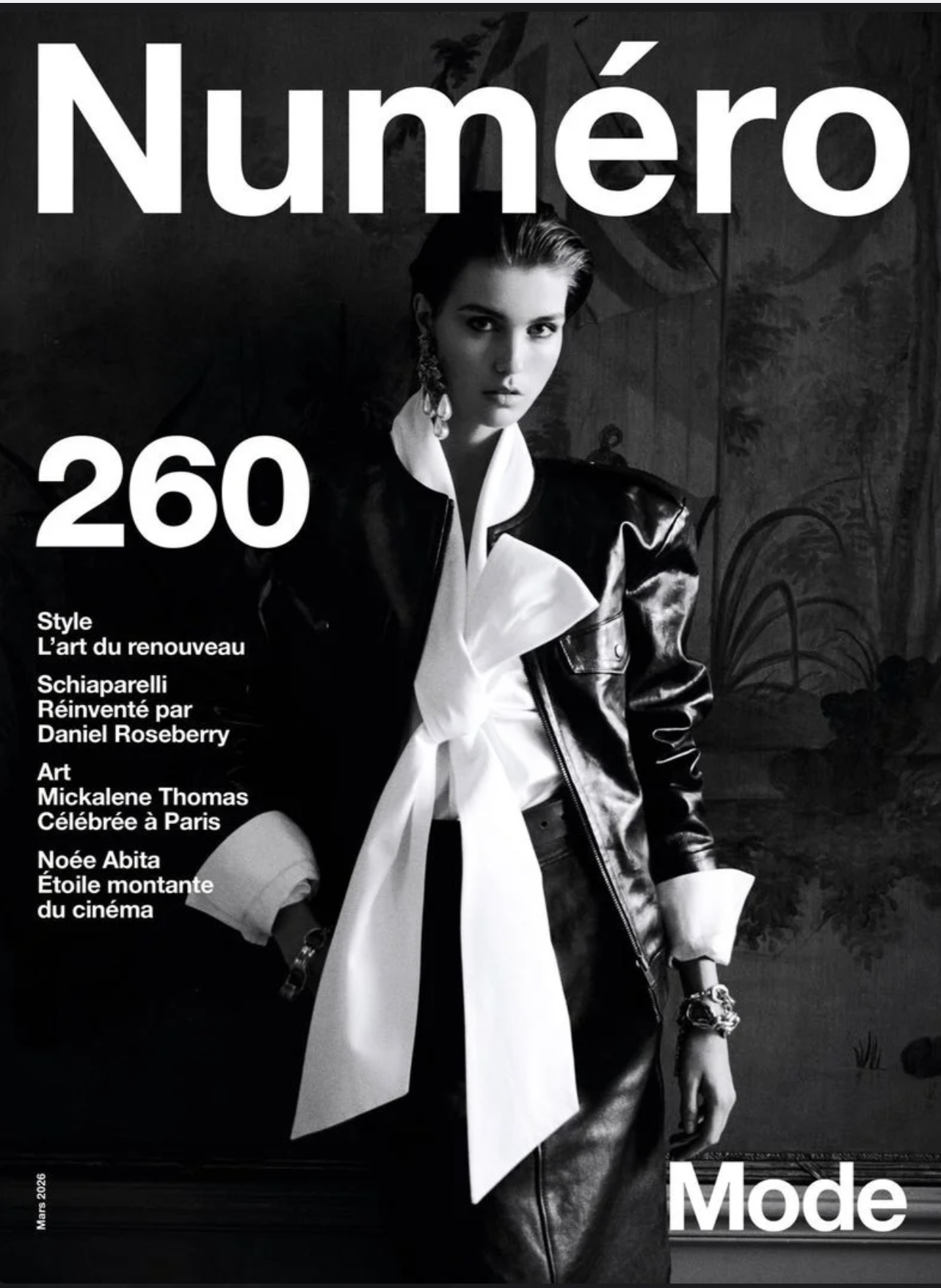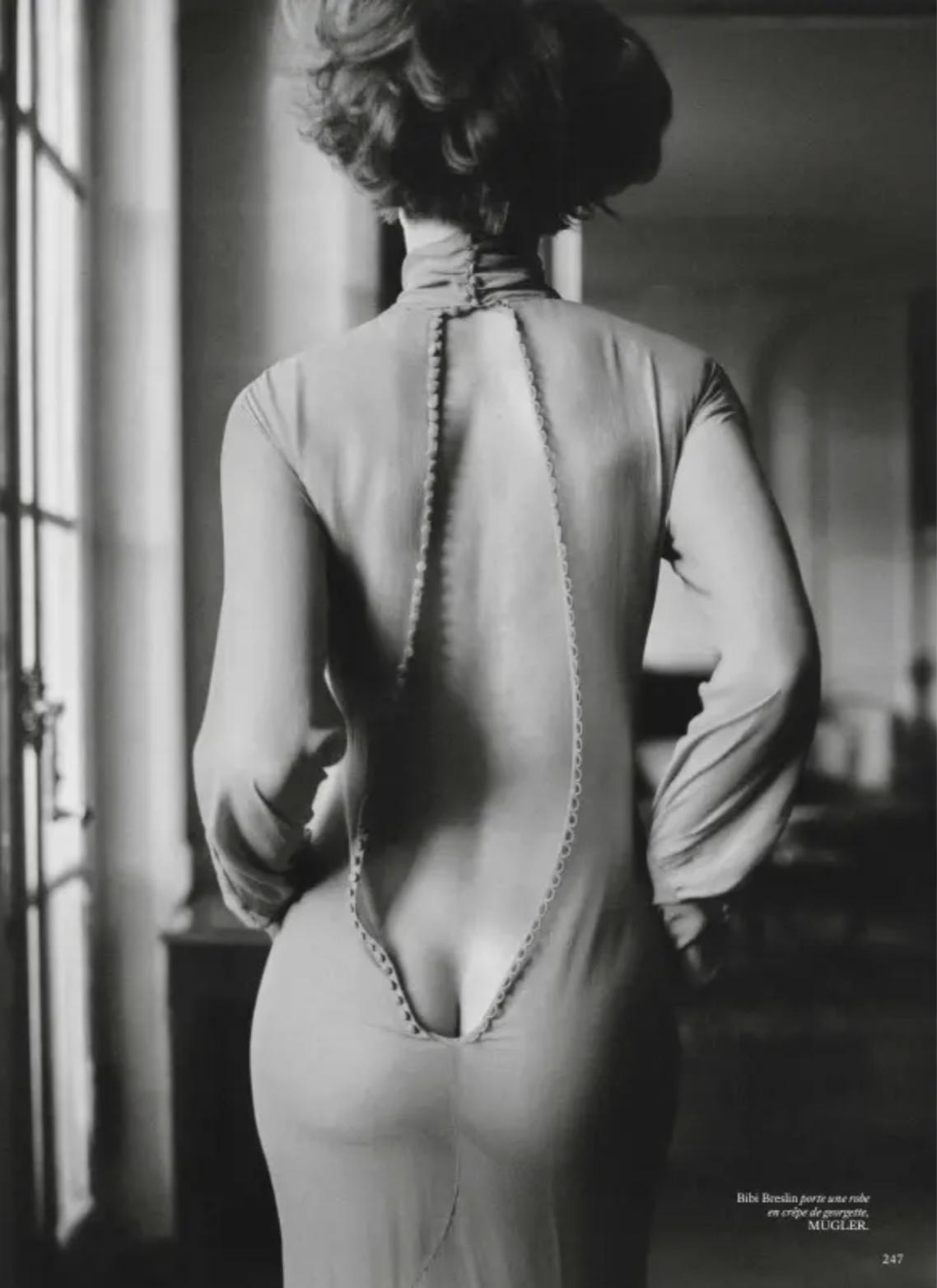Dani Witt in Rome by Stefania Paparelli for Vanity Fair Italia June 2021
/Model Dani Witt is styled by Simone Guidarelli in ‘Amore Senza Fine’ [Endless Love] a fashion tribute to Rome. Photographer Stefania Paparelli [IG] captures the virginal sensuality embedded in the psychological complexity of Rome — a city I love deeply — for Vanity Fair Italia June 2021.
Editorials like this one always inspire my reading for the week. The rise of conquering Rome — the ultimate patriarchal society — came at a great cost to women generally, who were living in the region. It’s possible to track the devolution of women’s status and power in Greece, as evidenced by the writings of Socrates, then Plato and next Aristotle. Rome is more cut and dried. Men ruled.
The assertion is — and it’s one I’ve not explored deeply — that the rise of opulent fashion among women is directly tied to their loss of power generally. My focus and research have not centered on the fashion element.
The language of adornment and its symbols were potent and played a key role in differentiating the status of individuals. Adornment could be seen as a weapon of choice for women who sought by some means to empower themselves. In a society where a woman remained dependant and under the control of fathers and husbands, she possessed no assets of her own. Property and money received as gifts or inheritances by the single woman remained under the control of her father and, as a married woman, were absorbed into her husband’s estate. Women, however, could gain a measure of control over their lives by achieving personal recognition and identity through their adornment and dress. Those Roman wives who brought a generous dowry to the marriage could keep the pressure on their husbands to meet the expenses of their previous lifestyle, while other wives may have received a monthly or yearly allowance towards their personal expenditures.
Reading this article ‘The Women’s March: Rome’, it’s clear that when the Roman patriarchy sought to govern what every woman of every status could wear in public including their wives — extinguishing their only manner of public self-expression — the women of Rome revolted.























